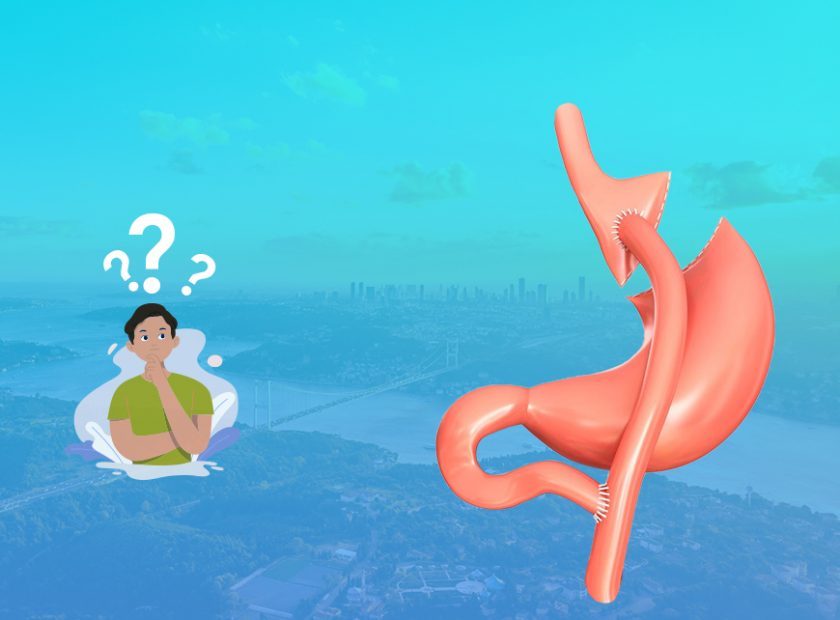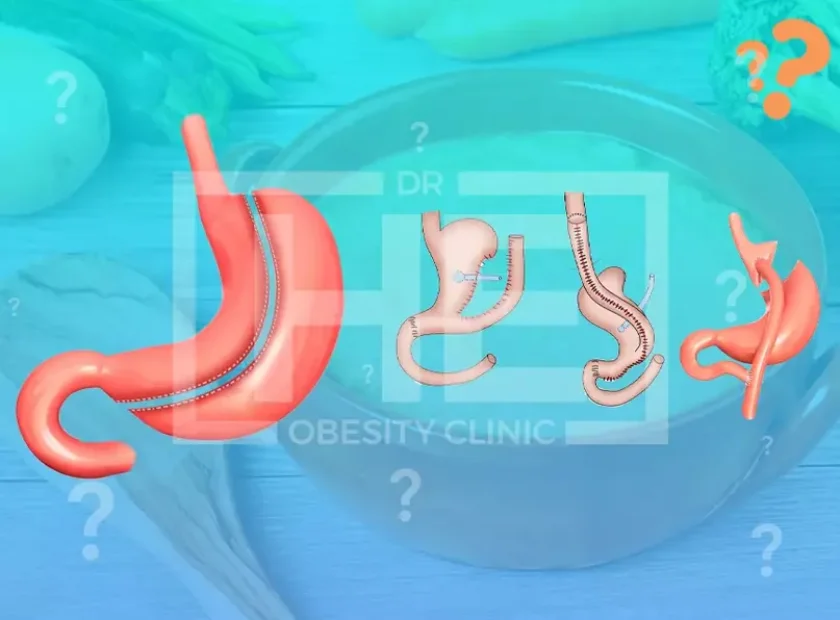Is a Gastric Bypass Reversible? Gastric bypass is a popular bariatric surgery procedure that helps patients to achieve significant weight loss. However, as with any major surgery, it is important for patients to understand the long-term effects of the procedure, including whether or not it is reversible.
How Does Gastric Bypass Work?
Gastric bypass is a weight loss surgery that involves creating a small pouch from the stomach and connecting it directly to the small intestine. This helps to limit the amount of food that can be consumed, leading to weight loss. Additionally, bypassing part of the small intestine can also impact the absorption of nutrients, leading to further weight loss.
Reversal of Gastric Bypass
In some cases, gastric bypass may be reversed, but it is a complex and risky procedure that is typically only recommended in specific situations. Reversing gastric bypass can be necessary if the patient experiences significant complications, such as malnutrition, or if they have regained a significant amount of weight after the procedure.
- Factors that Affect Reversibility
There are several factors that can impact the reversibility of gastric bypass, including:
- Length of Time Since Surgery
The length of time since the surgery can impact the reversibility of gastric bypass. In general, the longer it has been since the surgery, the more difficult it may be to reverse.
- Complications from Surgery
Complications from the original surgery, such as internal scarring or other damage to the digestive system, can impact the reversibility of gastric bypass.
- Regained Weight
Regaining weight after gastric bypass can also impact the reversibility of the procedure. In some cases, regaining weight may indicate that the gastric bypass has failed, and a revision or reversal may be necessary.
- Reversal Procedure
Reversing gastric bypass is a complex and risky procedure that should only be performed by a qualified bariatric surgeon. The procedure typically involves reconnecting the small intestine to the original stomach, which can be a difficult and delicate process.
Alternatives to Reversal
In some cases, a gastric bypass revision or another weight loss surgery may be recommended as an alternative to reversal. A revision of the original gastric bypass can help to address any complications or issues with the original procedure, while a different weight loss surgery, such as gastric sleeve or gastric banding, may be recommended if the patient is unable to have the gastric bypass reversed.
Risks and Benefits of Reversal
Before undergoing a reversal of gastric bypass, it is important to consider both the risks and benefits of the procedure.
- Benefits
Improved digestive function: Reversing gastric bypass can help to restore normal digestive function, which may have been impacted by the original procedure.
Weight loss: In some cases, reversing gastric bypass can help to promote weight loss, as the patient may be able to eat more and absorb more nutrients.
Improved quality of life: For some patients, reversing gastric bypass can lead to improved quality of life, as they are able to eat a wider variety of foods and restore normal digestive function.
- Risks
Complex and risky procedure: Reversing gastric bypass is a complex and risky procedure that can involve significant risks, including bleeding, infection, and complications with the digestive system.
Incomplete reversal: In some cases, the reversal of gastric bypass may be incomplete, which can impact the effectiveness of the procedure and lead to further complications.
Weight regain: After the reversal of gastric bypass, it is possible for the patient to regain weight, especially if they are unable to maintain a healthy lifestyle and diet.
Can Diabetes Be Cured Permanently?
High blood sugar levels are a defining characteristic of diabetes, a chronic illness. Although diabetes does not currently have a recognized cure, it can be effectively managed and controlled with the help of a variety of treatment options. Maintaining blood sugar levels within a specific range is the aim of diabetes management in order to avoid problems and enhance general health.
In order to effectively treat diabetes, lifestyle changes including eating well, exercising frequently, and reducing stress are essential. To assist control blood sugar levels, doctors may prescribe drugs like insulin or oral medicines. For people with extreme obesity and diabetes, bariatric surgery may be an option in some circumstances if they want to lose a large amount of weight and improve their glycemic control.
Although diabetes cannot be cured completely, it can be managed to the point where people can live healthy, productive lives. Individuals with diabetes can effectively regulate their blood sugar levels and lower their risk of complications from the condition by practicing good self-care, routine monitoring, and adherence to a specific treatment plan.
Conclusion
Gastric bypass is a popular weight loss surgery that can be effective for many patients. However, it is important to understand that the procedure may not be reversible in all cases. Factors such as the length of time since the surgery, complications from the surgery, and regained weight can all impact the reversibility of gastric bypass. If you are considering gastric bypass, it is important to discuss the potential risks and benefits with a qualified bariatric surgeon.



